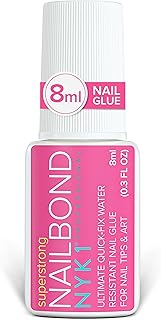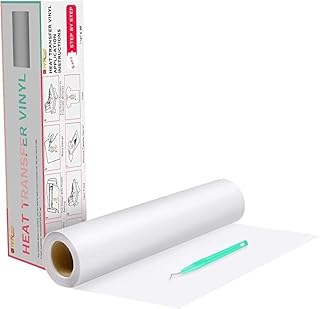5 important factors worth considering when looking for the best glue
Choosing the right glue for your projects is important for their success and durability. Factors like the materials you are using and the requirements of your project are crucial. You should consider things like drying time, bond strength, and resistance to water or heat. Evaluating these factors will help you complete your projects with precision and high quality.
See our guide to the best glue.
Adhesion strength
When buying glue, one of the most important things to consider is how well it sticks things together. A strong bond between materials can make or break a project, whether it’s a DIY craft or a professional job. The glue needs to join surfaces smoothly, creating a reliable connection that lasts over time. If the glue isn’t strong enough, materials can come apart when they should stay together. Basically, good glue needs to make a durable bond that can handle different stresses and strains, so your project stays strong and intact.
Picking a glue with excellent adhesion strength is more than just a personal choice; it’s a smart decision that affects how well your work turns out. The feeling of knowing your project is securely held together by a strong adhesive is unmatched. Whether you’re bonding wood, metal, plastic, or fabric, the glue should give you confidence that everything will stay in place. A high-quality glue with strong adhesion elevates your craftsmanship and makes your creations more reliable. In a world where small details can make a big difference, choosing a glue that excels in adhesion strength is a smart investment for the future.
Drying time
When buying glue, it’s important to think about how long it takes to dry. In a world where we want things instantly, choosing a fast-drying glue can help you work faster and more efficiently. Quick drying glue makes it easier to stick things together without waiting around.
However, there are also benefits to using glue that takes longer to dry. Slow-drying glues give you more time to adjust things before they set completely. This is great for projects that need precision and careful positioning. By thinking about how long glue takes to dry before you buy it, you can make sure you pick the right glue for your project. This will make it easier to create something you’re happy with in the end.
Versatility
When buying glue, it’s important to choose one that can be used for many different things. A versatile glue is great for people who like to do DIY projects or crafts. It can stick to a variety of materials like wood, paper, fabric, and plastic, which gives you a lot of options for your projects. This kind of glue saves time and money and makes it easier to be creative. For example, you can use the same glue to fix a chair leg or make a scrapbook.
Versatile glue is great because it can work with all different kinds of projects. Whether you’re new to crafting or have been doing it for a while, having a reliable glue that can do many things is helpful. You won’t need to have a bunch of different glues cluttering up your workspace, and you can focus more on being creative. With versatile glue, you can try new techniques, use different materials, and be as creative as you want without any limitations.
Waterproof or water-resistant
When deciding on the best glue for your projects, the choice between waterproof and water-resistant glue is important. While water-resistant glue may work for some projects, waterproof glue usually creates a stronger and longer-lasting bond. Waterproof glue can handle moisture and wet conditions without losing its stickiness, which is helpful for projects exposed to the elements or water.
Using waterproof glue can give you confidence in the durability of your projects, especially in tough conditions. Whether you’re making outdoor furniture or items that need frequent cleaning, waterproof glue can improve the quality and strength of your final product. In a world where durability is key, choosing waterproof glue instead of water-resistant glue can greatly impact the success and lifespan of your projects.
Toxicity or safety concerns
When buying glue for different projects, it’s important to think about how safe it is. Glue is often used in crafts and do-it-yourself projects, but some kinds can be harmful. Many regular glues have dangerous chemicals like VOCs that can be bad for people and the environment. It’s vital to choose non-toxic, eco-friendly glue that doesn’t have harmful substances, so everyone stays safe while crafting.
Thinking about the dangers of toxic glues helps protect us and the world we live in. By picking safer options, we keep ourselves safe and reduce our impact on the environment. Using non-toxic glue sets a good example for responsible shopping and encourages companies to focus on safety and sustainability in their products. Deciding on the right glue isn’t just about finishing a project—it’s about choosing to keep ourselves healthy and take care of the Earth.
Conclusion
In summary, glue is more than just something that sticks things together. It is a versatile tool that connects different parts of our lives. Whether it’s used in crafts or in factories, glue plays a vital role in bringing things together. As we explore the many ways glue can be used, we realize that it represents unity and brings people together in a diverse society. Want more info on hcbl colon helper, check the best hcbl colon helper.


